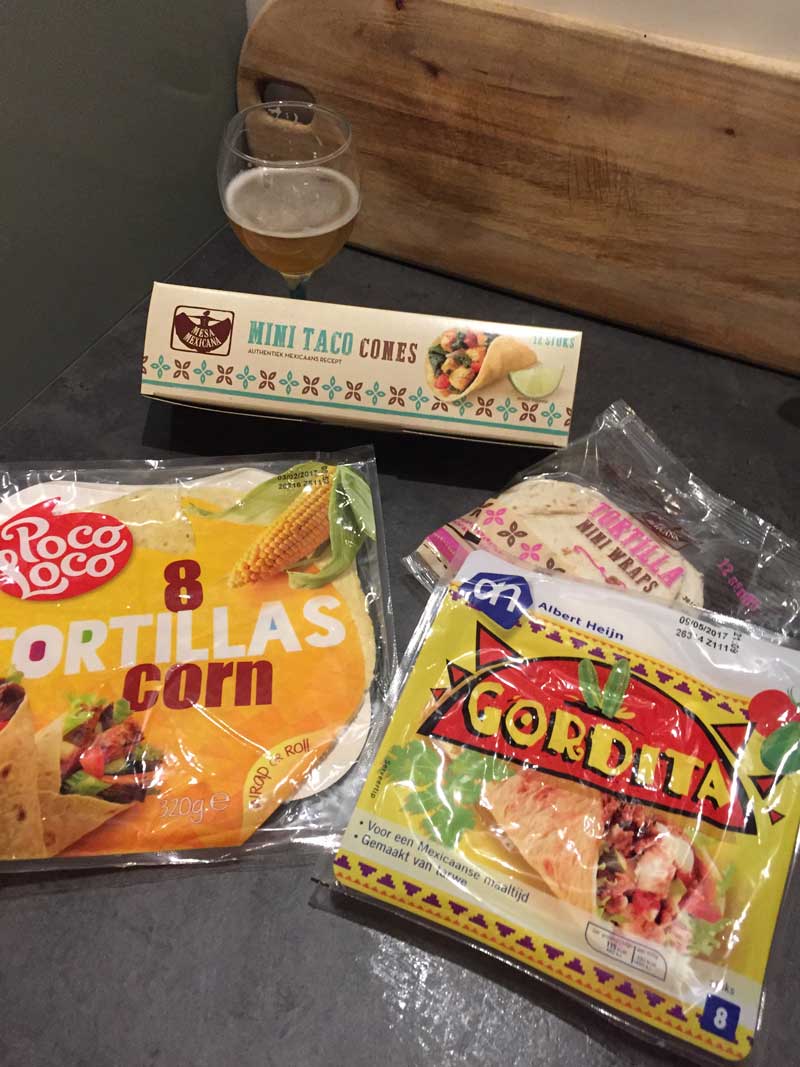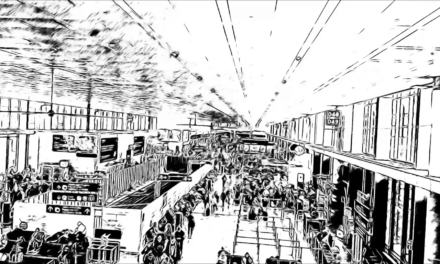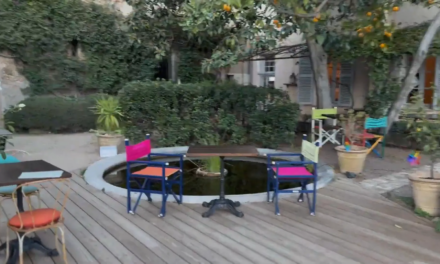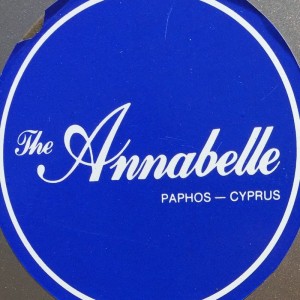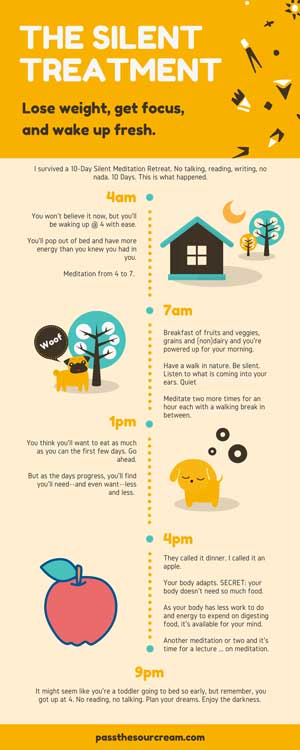
Ik begrijp Omas grapjes niet.
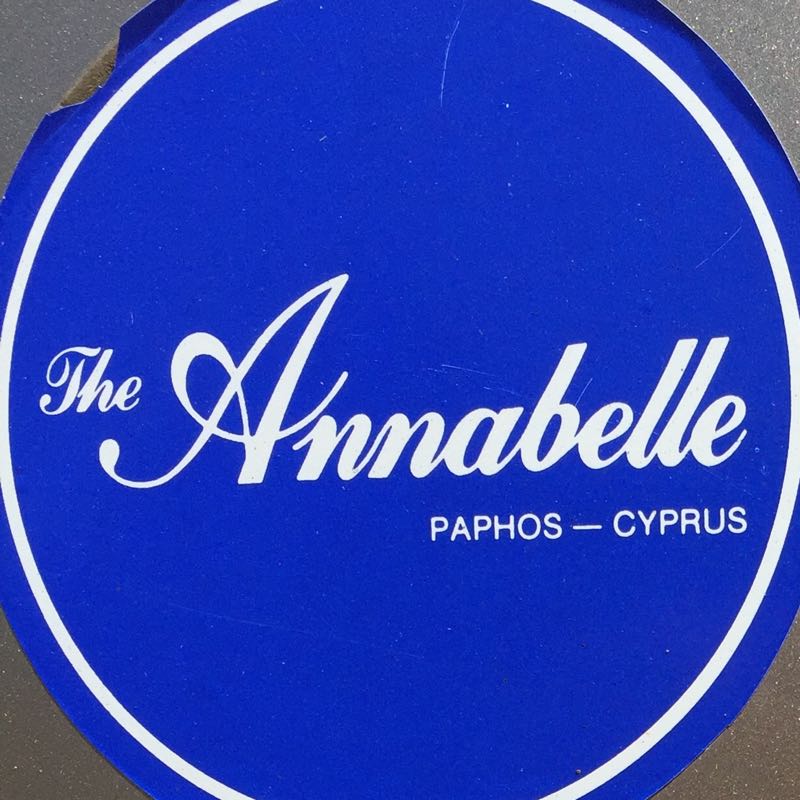
I don’t understand Oma’s jokes.
“Vond jij het eten lekker Oma?”
“Nee.”
Experiencing a place together for a few weeks gives you just that: experience. You have experiences with people, the good and the bad. You have good meals and bad. You go through fun times and less-than-fun times. That’s a good thing. If it’s all just dinner parties, it’s not really experiencing much together.
“Did you like your dinner, Oma?”
“No.”
It wasn’t the answer we were expecting. In fact, it’s never the answer we’ve heard. But you have to spend some time together to get beyond the polite talk, the How Are You? chatter of the everyday and dig a little deeper into relationships. What are relationships without some bad? You need some bad to help measure the good. Bad gives balance to the good, it gives it some weight, some idea of where things stand.
On the way home in the taxi, Oma was trying to tell a joke, but she’s actually a horrible joke teller. She just can’t stop laughing and screws up the punchline every time. Then she gets so hysterical about it that she can’t even finish sentences. If you already got the joke–or even the gist of it–you’re probably laughing, too. Or at least at this point you’re laughing at her laughing. But if you have no idea what she’s talking about, then you really would just like to hear the end of it–or at least get the gist of it.
If you’re 11-years old, it makes it even harder. Sure, it’s fun to watch Oma laugh uncontrollably as we taxi home from our dinner where we had other inside jokes that we all understood (“Oma, kijk, een kikker!” … actually, I wasn’t in on this one, so I don’t get it either, “Oma, look, a frog!”), but if she never (ever) gets to the punchline, you eventually give up.
I never got the joke of that last one, either. Something about waiting too long, sister-in-law, something about a hair salon. Who knows. But hey, she thought it was hilarious. I suppose we’ll hear about it tomorrow. That is, if she can get to the punch line.







